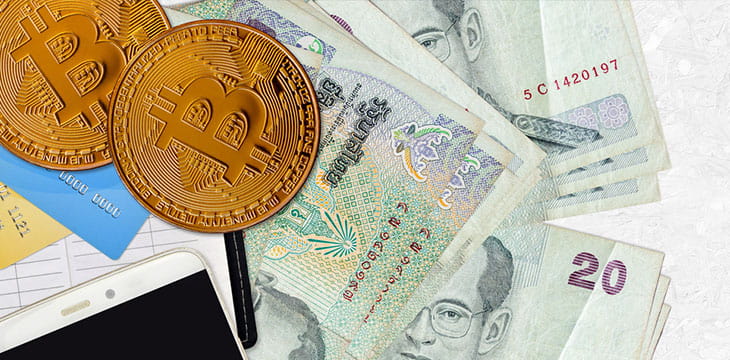|
Getting your Trinity Audio player ready...
|
Pundits have highlighted the tightening of the screw by Thailand’s financial regulators over the country’s virtual currency industry. Since the beginning of the second quarter, the government has taken a series of decisions that experts worry could slow the pace of digital assets adoption.
In August, the nation’s Securities and Exchange Commission (SEC) slammed a hefty $233,459 fine on a Bitkub executive on the grounds of money laundering. This move was swiftly followed by the filing of a police complaint against Zipmex for failing to submit pertinent information to the SEC after it halted withdrawals and deposits for its customers.
“Rising regulatory risks will make it harder to restore the excitement in the market, which has already been hit by weakening global sentiment,” said Nares Laopannarai, secretary-general of the Thai Digital Asset Association. Laopannarai added that “most investors and market players are extremely deflated with negative headlines almost every day.”
Thailand’s SEC upped the ante by imposing new regulations on firms engaged in digital asset advertisements. Under the new rules, all ads should indicate the risks associated with an investment in virtual assets and should be broadcasted only on official platforms. Furthermore, details of collaborations with celebrities and the financial implication must be transmitted to the Commission for review.
The change of stance has seen active trading digital asset accounts fall to 246,000. SCB X PCL, a leading financial conglomerate, was forced to abandon its plans to purchase a stake in Bitkub, citing the exchange’s squabbles with regulators. The steep decline in asset prices and the collapse of top lenders in the ecosystem have exacerbated the effects of the tightening regulations from Thailand’s government.
Once a leader in the region but losing its steam
Thailand was the first country in Southeast Asia to draw up a framework for regulating digital assets, giving it a first-mover advantage that attracted the interest of fledgling firms in the industry like Zipmex and Bitkub.
Digital assets soared in popularity among the local population, with the number of investors reaching a high of 800,000. The adoption level reached peak levels, and by 2021, Bitkub’s Chief Executive Officer Jirayut Srupsrisopa attained pop icon status, appearing on several television shows and billboards across Jakarta.
Despite the reversal of fortunes, Bloomberg reports that some investors believe the “crackdown” is a little bump in the grand scheme of things. Yupapin Wangviwat, Gulf Energy’s Chief Financial Officer, expressed confidence in the future of the asset class, noting that “tokens with underlying assets will complement the transformations of most companies.”
Watch: The BSV Global Blockchain Convention panel, The Future of Digital Asset Exchanges & Investment

 02-18-2026
02-18-2026 




